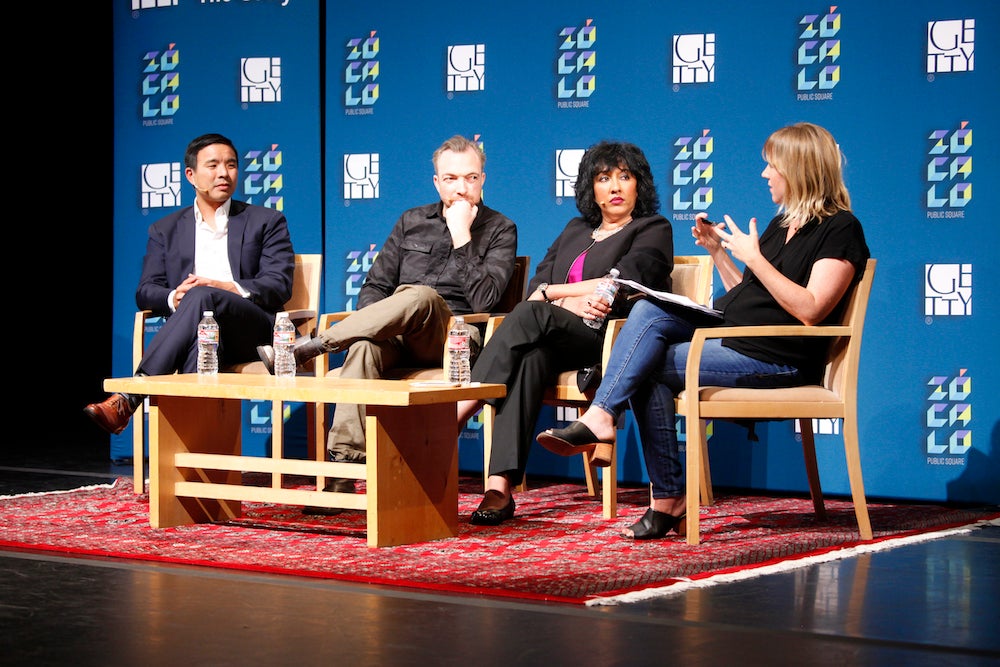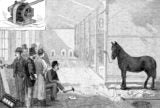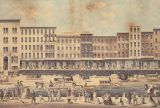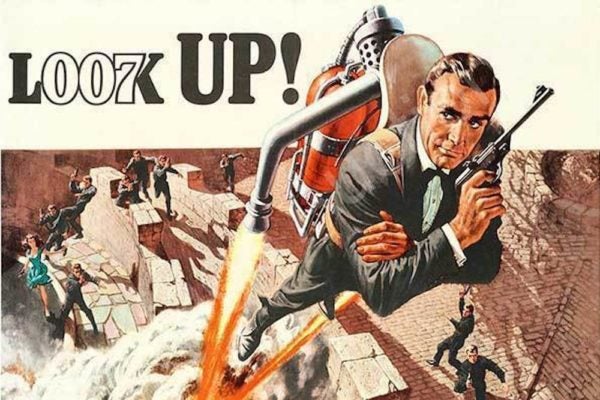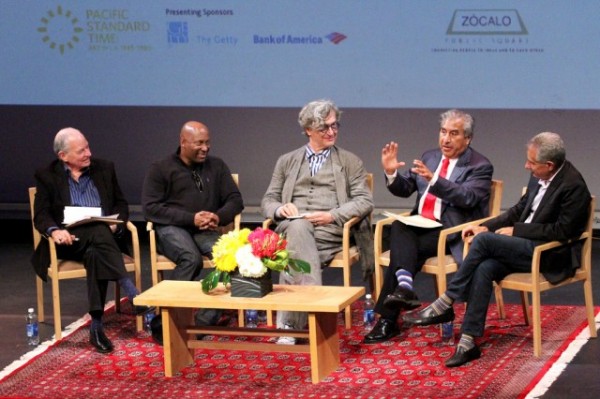Civilization Has Always Been Collapsing for Somebody
While the Apocalypse Is Relative, Humanity’s Pursuit of Technology Perpetually Creates and Defuses Existential Threats
The question of whether civilization is on the verge of collapse may be as old as civilization itself.
This enduring query brought together a group of panelists that moderator Edan Lepucki called “the most interesting dinner party I’ve ever been invited to” for a Zócalo/Getty event before an overflow crowd at the Getty Center in Los Angeles.
Lepucki, author of the post-apocalyptic novel California, stressed that addressing the event’s title question—”Is Civilization on the Verge of Collapse?”—starts with defining what type of civilization we are talking about. One panelist, University of New …




